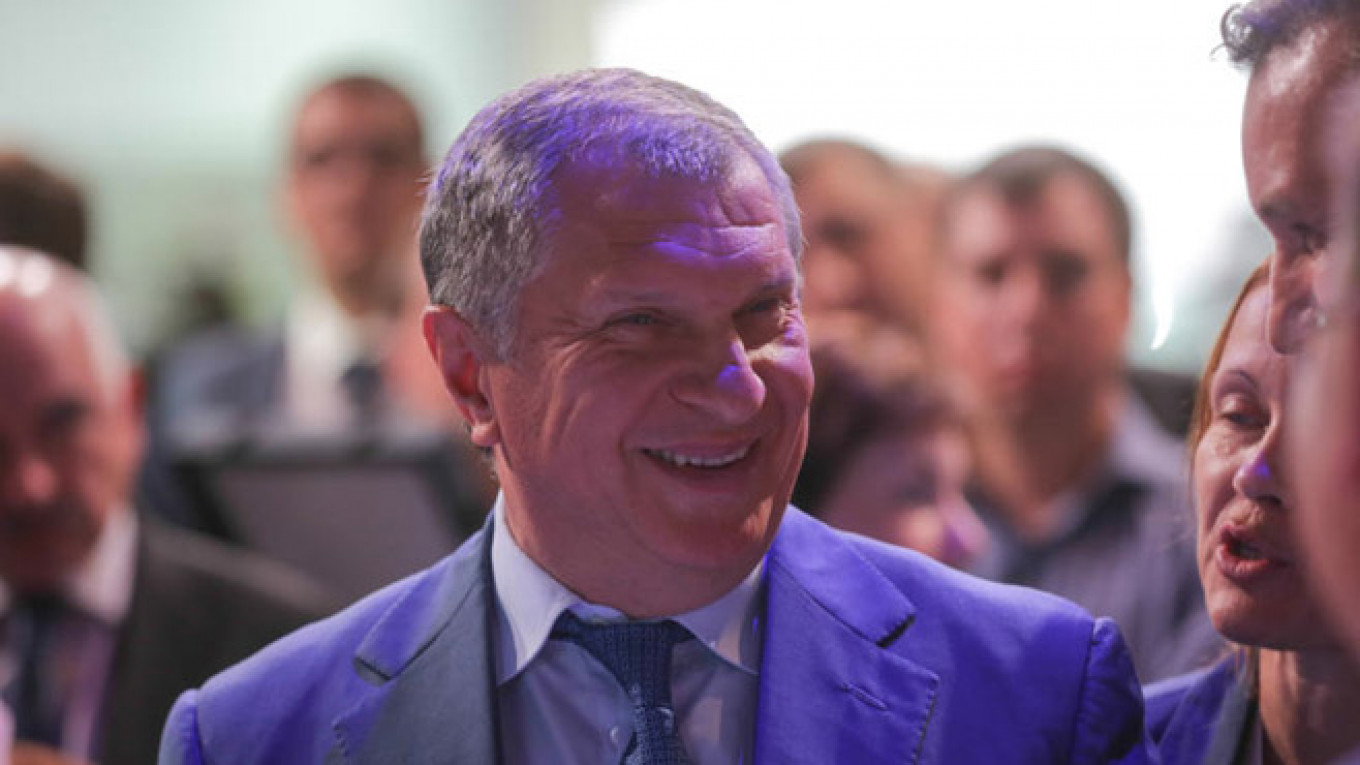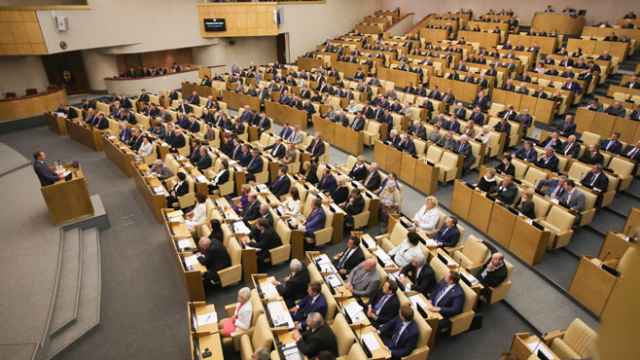Under government orders, the Rosneft board of directors recently extended the term for CEO Igor Sechin by five years. Last Tuesday Rosneft published a declaration of the incomes of its top managers stating that Sechin earns 15 to 20 million rubles ($295,000-$390,000) per month.
As CEO, Sechin also has the right to receive an annual bonus equal to 150 percent of his income, as well as bonuses for implementing important projects and receiving state, departmental and corporate awards.
He can also earn more for serving as a member of the board and legally pocket dividends on company shares. Sechin can earn upward of 600 million rubles ($11.7 million) annually just for successful work with Rosneft, and yet he serves on several other boards of directors as well.
According to International Financial Reporting Standards, Rosneft's net profits fell by 9.8 percent to 350 billion rubles ($683 million) in 2014. What's more, analysts report that if the company had not altered its method of reporting currency risks, it could have showed a negative balance.
In December 2014, Rosneft conducted a nontransparent flotation of bonds that contributed to a sharp drop in the value of the ruble. The company's aggressive purchase of assets in the previous year created a heavy debt load, and Sechin's close ties to President Vladimir Putin prompted sector-specific Western sanctions against Rosneft.
This year Rosneft has come into open conflict with the Natural Resources and Environment Ministry after that agency postponed exploration of the Arctic Shelf .
Sechin is a relatively new CEO of a major state-owned company, serving only since 2012 after serving as chairman of the board for Rosneft from 2004 to 2011. By comparison, Vladimir Yakunin — who, like Sechin, fought valiantly but unsuccessfully to avoid disclosing his salary — has headed Russian Railways since 2005, and has seen his contract extended three times.
According to Russian Accounting Standards, Russian Railways suffered net losses of 44.1 billion rubles ($860 million) in 2014. Alexei Miller has headed Gazprom since 2001. In 2014, that company's net profits fell to 189 billion rubles ($3.7 billion) — or less than one-third of their formal total — and gas exports dropped by 9.8 percent.
Vladimir Dmitriyev has headed Vneshekonombank since 2004, a company that lost a record 249.7 billion rubles ($4.9 billion) in 2014 according to its consolidated financial statements. Andrei Kostin has served as president of VTB Bank since 2002. Profits for VTB in 2014 amounted to just 800 million rubles ($15.6 million), or less than 1 percent of its earnings in 2013. The list goes on — there are many state companies.
Someone might justifiably ask: Why do top managers retain their positions and salaries if the companies they oversee are performing so poorly? However, that question is misdirected because state-owned companies are not a business per se, but a means of maintaining control.
Throughout all of their short histories, their activities have demonstrated that their main function is to carry out political policies, most often to the detriment of the economy. Their top managers are true patriots: they are targeted by Western sanctions for that patriotism and remain unwavering in their loyalty to "national interests." That is why they get reappointed to their posts and pull down outrageous salaries. It is obviously not for job performance.
Andrei Sinitsyn is a correspondent and op-ed contributor for Vedomosti. This comment originally appeared in Vedomosti.
A Message from The Moscow Times:
Dear readers,
We are facing unprecedented challenges. Russia's Prosecutor General's Office has designated The Moscow Times as an "undesirable" organization, criminalizing our work and putting our staff at risk of prosecution. This follows our earlier unjust labeling as a "foreign agent."
These actions are direct attempts to silence independent journalism in Russia. The authorities claim our work "discredits the decisions of the Russian leadership." We see things differently: we strive to provide accurate, unbiased reporting on Russia.
We, the journalists of The Moscow Times, refuse to be silenced. But to continue our work, we need your help.
Your support, no matter how small, makes a world of difference. If you can, please support us monthly starting from just $2. It's quick to set up, and every contribution makes a significant impact.
By supporting The Moscow Times, you're defending open, independent journalism in the face of repression. Thank you for standing with us.
Remind me later.






